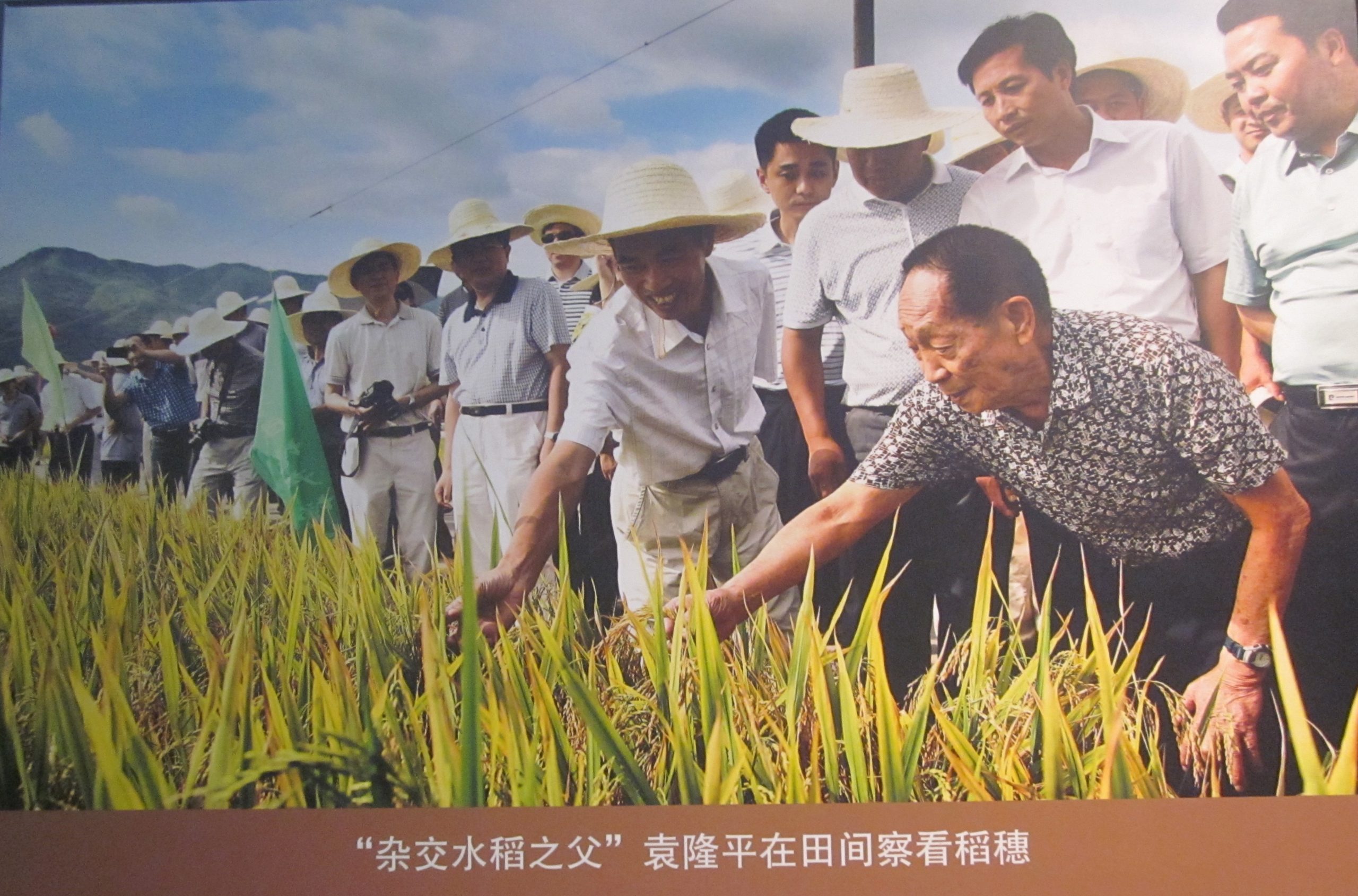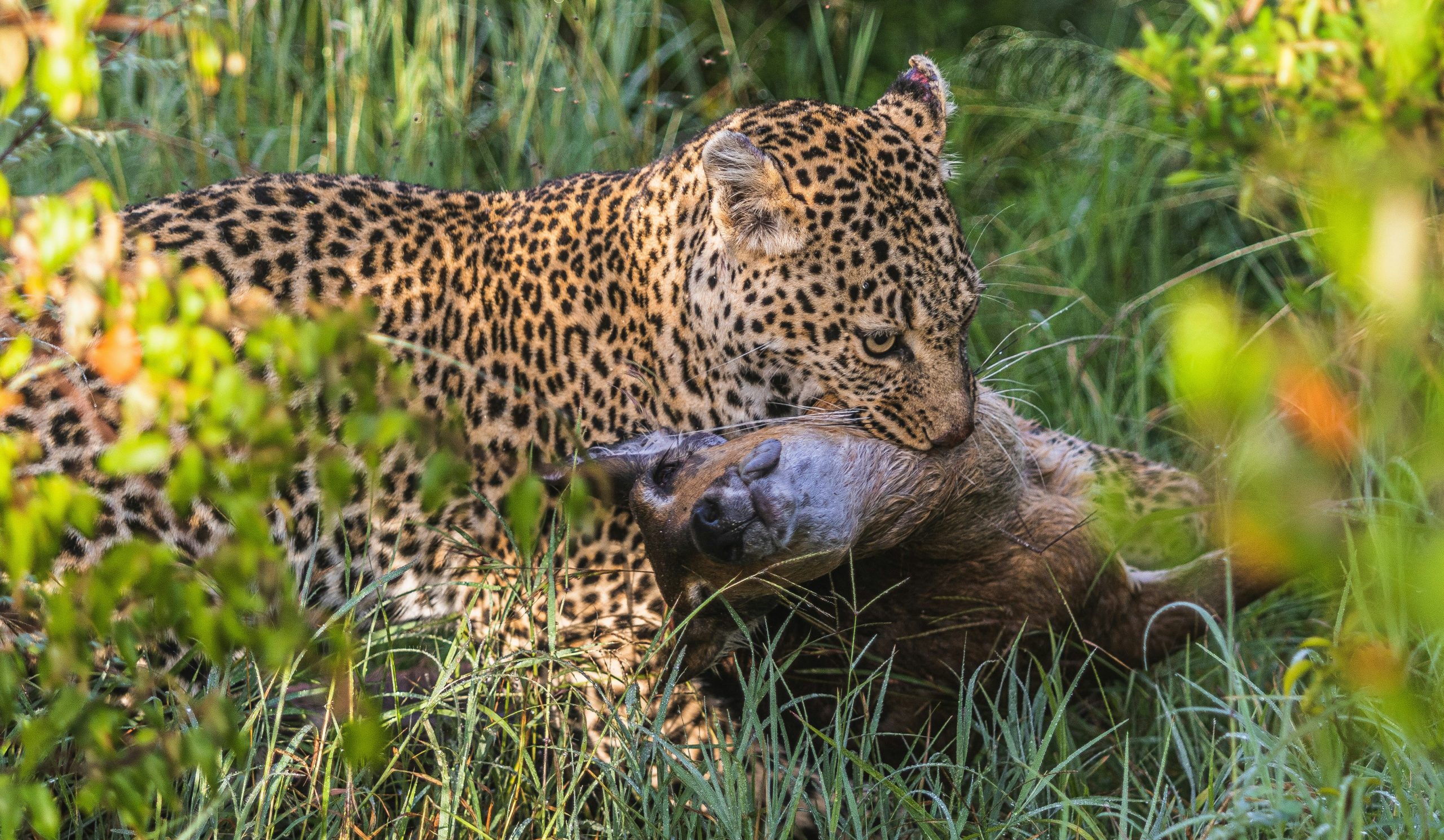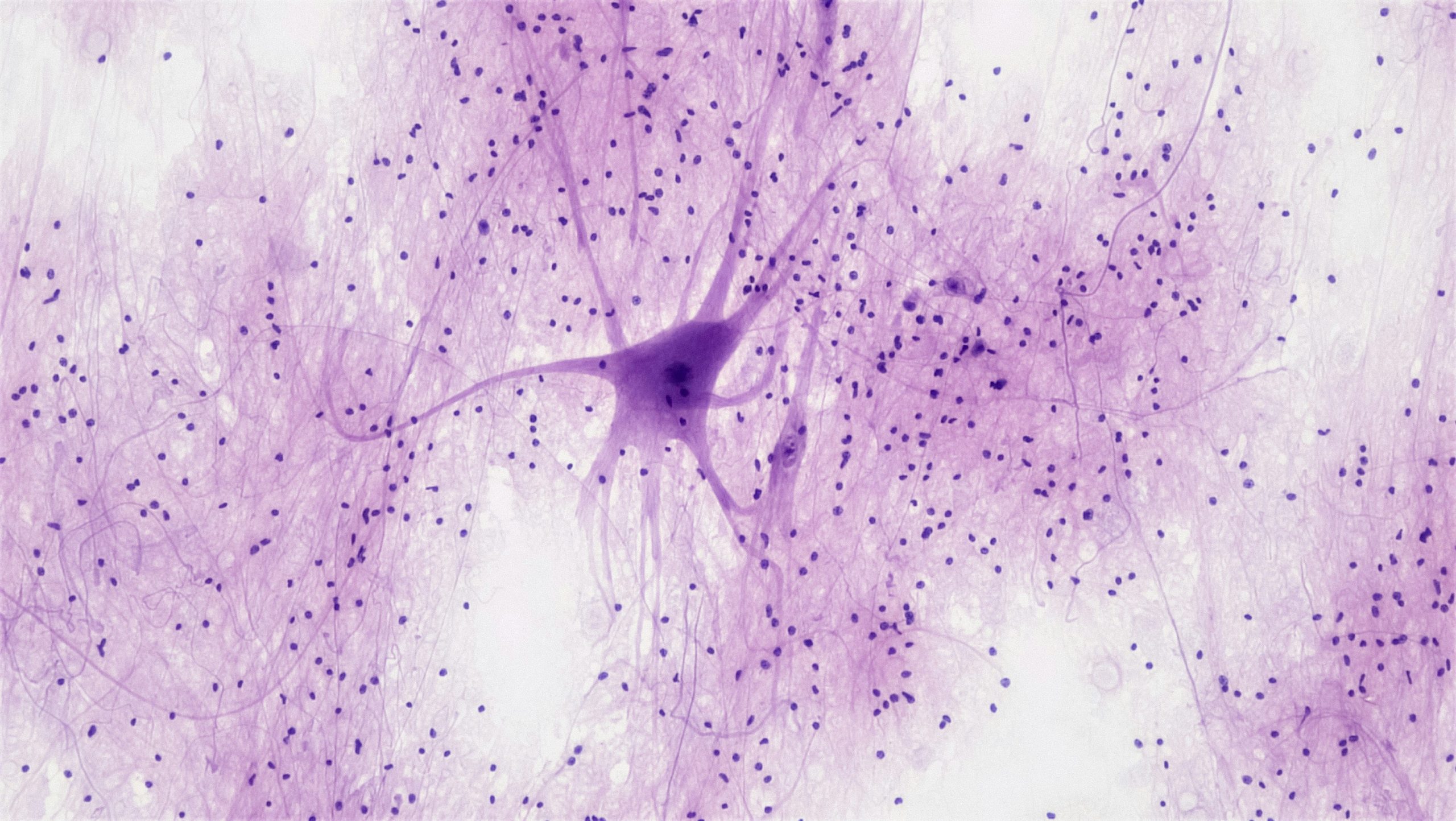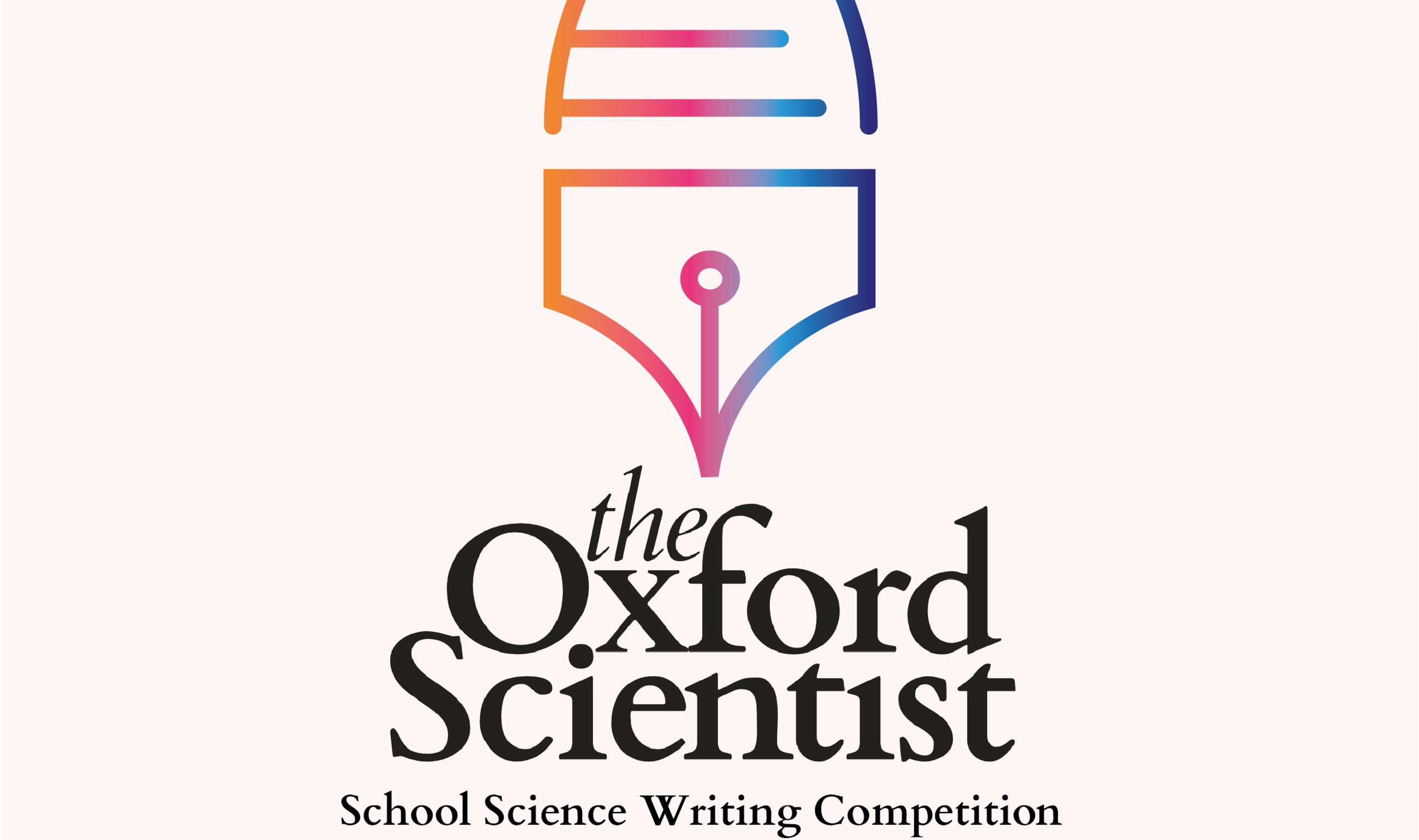by Christina Jiang, Year 11, The Blue Coat School, Merseyside
A few weeks ago, on October 1st, something pretty strange happened in my house; my parents let us have dinner around the tv! In China, it was the 70th anniversary of the founding of the People’s Republic in 1949, after many years of conflict and political troubles. As we watched reruns of that morning’s military parade and the evening gala at night, my parents and grandparents started talking about the history and culture of China.
Their conversation eventually turned to Chinese people, particularly scientists, who are quite well known in their home country, but are virtually unheard of elsewhere. I’m ashamed to say that of all the names they were mentioning, I too recognised none. Sure, I’d vaguely heard them in passing, but couldn’t tell you anything about them. One man in particular came up: Yuan Longping. Again, I couldn’t had said what he does, but after researching and listening to what my family had to say, I understood why the people of his country hold him in such high regard.
When you think scientist, what comes to mind? For me, it’s people who study things like physics, chemistry, or medicine. Yuan Longping works in a discipline that I had barely even realised counted as science. He is an agronomist, a scientist working in the field of agriculture. He didn’t cure a rare disease or discover a fundamental fact of our universe, but I think what he has achieved is just as important.
Yuan, in 1973, was the first person to develop hybrid rice, and achieve Heterosis in rice. Heterosis is where the offspring of two distinct parents are hardier, yield more, and grow faster than either parent. Because rice is self pollinating, Heterosis was considered impossible because plants that self pollinate undergo long term selection. Therefore, all inferior characteristics are eliminated, leaving only superior i.e. there would be no benefit to cross-breeding.
Yuan proved this wrong. He used a sterile male wild rice and produced a rice with had a 20% higher yield. Since then, it’s only gone up. Nowadays, 50% of rice in China is Yuan’s hybrid rice, producing 60% of total rice in the country. An estimated 300 billion kg has been grown in the last 20 years, and increase that has fed an extra 60 million people.
China’s history also brings into perspective why hybrid rice is such a big deal. Yuan began his work in response to one of the greatest disasters of the 20th century: the Great Chinese Famine. Starting in 1959, the Great Leap Forward implemented many harmful policies and combined with natural disasters, lead to a nation-wide shortage of food. This lead to the deaths of 36 million people. That’s a figure similar to the population of modern day Canada. Hybrid rice has much higher yield than common rice, helping to overcome food security issues across the world.
Though he has been working and producing results since the 1970s, it’s only within the last 20 years that Yuan’s efforts have been recognised to a higher degree. He was awarded the World Food Prize in 2004, and the Confucius Peace Prize in 2012. Even today, at the age of 89, he continues to work, dedicating his life to developing rice with higher yields, hardier growing conditions. There are varieties that can grow in very dry conditions in Africa, and even someday ones that can grow in saltwater.
I eat rice with my dinner virtually everyday. For me, and many people across Asia and the world, this is the result of Yuan Longping’s dedication.





